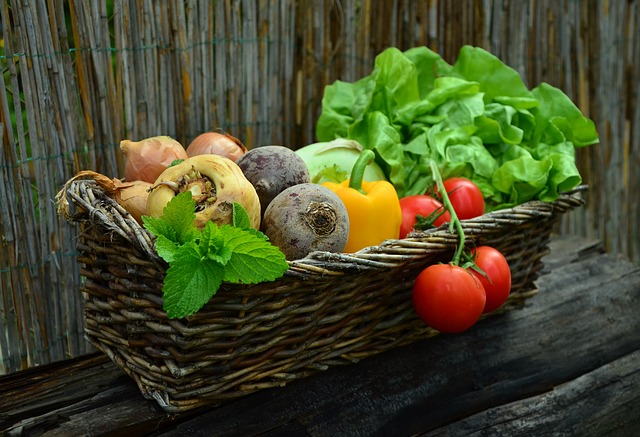A quarter of our emissions come from the food we eat[1], but this can vary a lot depending on a person’s diet. In particular, limiting beef, lamb and dairy products can substantially reduce the climate impact of food. The good news is that even without cutting out meat completely, a healthy diet can also be a low-carbon one: research suggests we could reduce our emissions from food by nearly half by making realistic changes that are also better for our health[2]. Wasting less food is also critical for bringing down emissions.
The CAST Centre will look at ways to reduce the carbon footprint of how we eat. We will research the transformations needed in household food purchasing and diets, examine how to bring about new cultural norms and values that favour plant-based and sustainable consumption over meat and dairy, and policies that reduce waste while incentivising shifts in agriculture in line with low-carbon food production. We will pay attention to the wider implications of dietary change, including for the agriculture sector, land use, and biodiversity.

The way we eat has changed many times in the past and is still changing today. We will look to the lessons of history and consider what can be learnt from other related areas. For example, there are signs that meat consumption is declining in the UK: what factors are behind this, and how might these be applied in future? With our research partners in Brazil, China and Sweden, we will study the different contexts for food consumption in other parts of the world.
We will evaluate options to encourage dietary change in ways that
meet the need for reductions in meat consumption by 2050 but also take the
needs and views of the country’s livestock industry seriously. Although we know
that reducing meat can be an important way to cut emissions, we also recognise
that this is a topic that has the potential to be received badly if
communicated or portrayed in the wrong way. We will gauge people’s views on
different approaches to framing information about dietary change, including in
the context of the parallel benefits that can be achieved for health through
changing patterns of food consumption.
[1] Poore, J., & Nemecek, T. (2018). Reducing food’s environmental impacts through producers and consumers. Science, 360(6392), 987-992.
[2] Green, R., Milner, J., Dangour, A. D., Haines, A., Chalabi, Z., Markandya, A., … & Wilkinson, P. (2015). The potential to reduce greenhouse gas emissions in the UK through healthy and realistic dietary change. Climatic Change, 129(1-2), 253-265.


